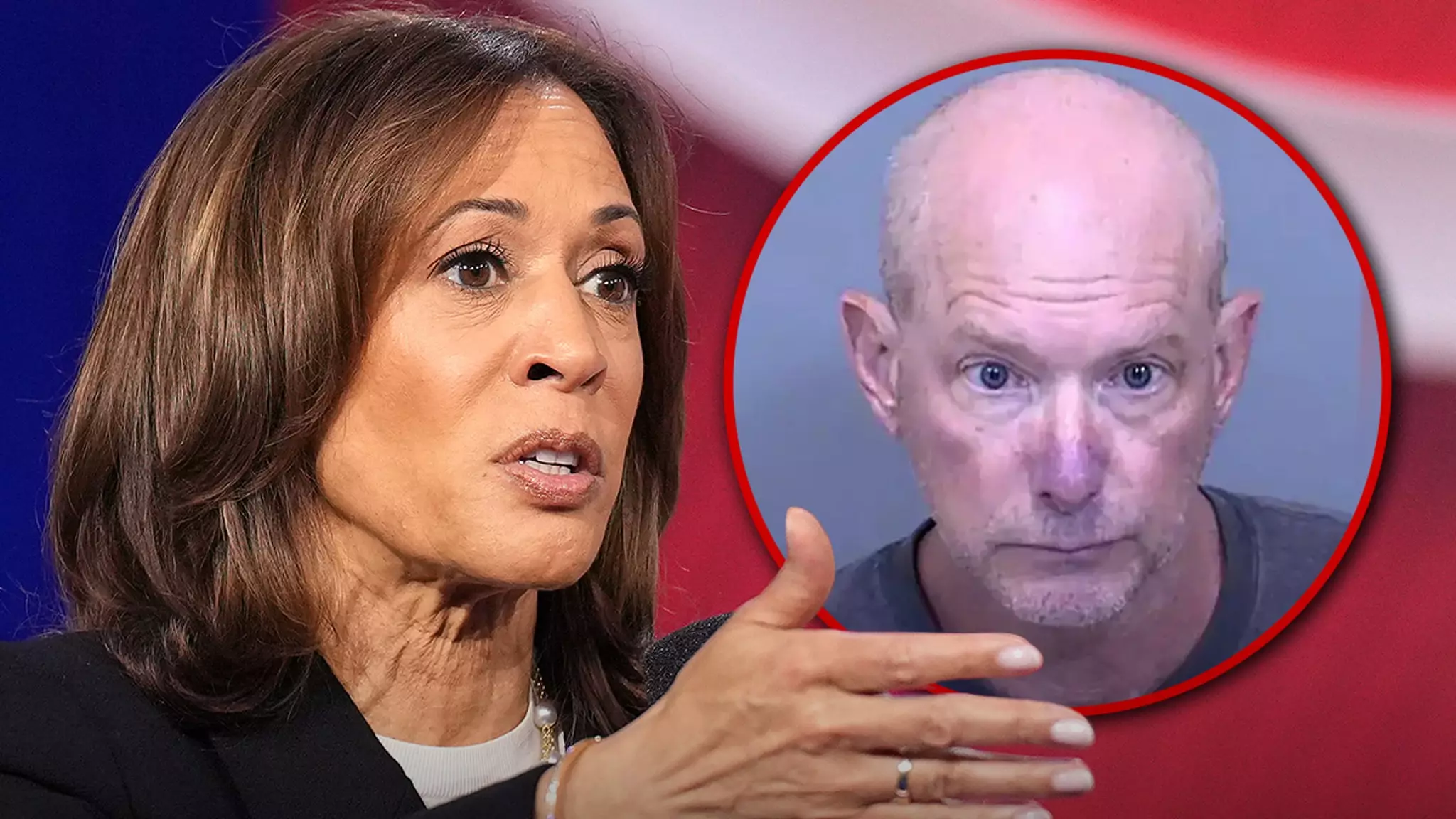In a recent and alarming incident in Arizona, the arrest of Jeffrey Michael Kelly has raised profound questions about safety in political environments. Prosecutor Neha Bhatia has detailed a case that suggests not only a targeted attack on a political office but potentially a broader plan for mass violence. Kelly stands accused of shooting at Kamala Harris’ campaign office, which also functions as the Democratic National Committee office in Tempe. These acts, allegedly carried out over several weeks, have shocked the local community and alarmed national observers.
The investigation revealed a chilling cache of weaponry at Kelly’s residence, according to prosecutor Bhatia. Over 120 firearms and an astonishing 250,000 rounds of ammunition were confiscated, along with various tactical gear including body armor and scopes. In a troubling twist, a machine gun was reportedly found in his vehicle. This extensive arsenal, combined with Bhatia’s claim that Kelly may have been intending to execute a catastrophic event, paints a dire picture of the suspect’s intentions. Such a discovery is particularly concerning in a country where gun violence continues to surge, reflecting ongoing debates about gun control and public safety.
The pattern of Kelly’s alleged actions suggests a troubling escalation from minor vandalism to violent outbursts. Initially, he reportedly fired BB pellets at the campaign office; this juvenile prank soon morphed into gunshots aimed at the building, which took place on multiple occasions. Notably, no individuals were present during these attacks, yet the fear and anxiety they have instigated among local staff cannot be understated. The repeated incidents create a palpable atmosphere of danger, prompting serious considerations about security measures for political offices—places that ideally should serve as safe havens for democratic engagement.
Facing charges that include unlawful discharge of a firearm and acts of terrorism, Kelly’s legal struggles are just beginning. His history of alleged criminal behavior, including a prior arrest for stealing campaign signs in 2022, adds layers to the narrative of a troubling individual. The court’s decision to set bail at $500,000, coupled with house arrest if he can post bond, reinforces the seriousness of these allegations. Each step in the judicial process will be watched closely, as the case could set significant legal precedents concerning threats to political institutions.
As this case unfolds, it serves as a stark reminder of the potential for violence that can permeate the political landscape. The implications of Kelly’s actions extend beyond his individual case, calling into question the safety protocols in place at political offices nationwide. In an era marked by increasing polarization and hostility in politics, the need for comprehensive safety measures and mental health support for individuals involved in the political process becomes ever more crucial. As both a legal and social issue, the ramifications of the Jeffrey Kelly case will echo for some time, urging communities to confront uncomfortable truths about the state of political discourse in America.


Leave a Reply